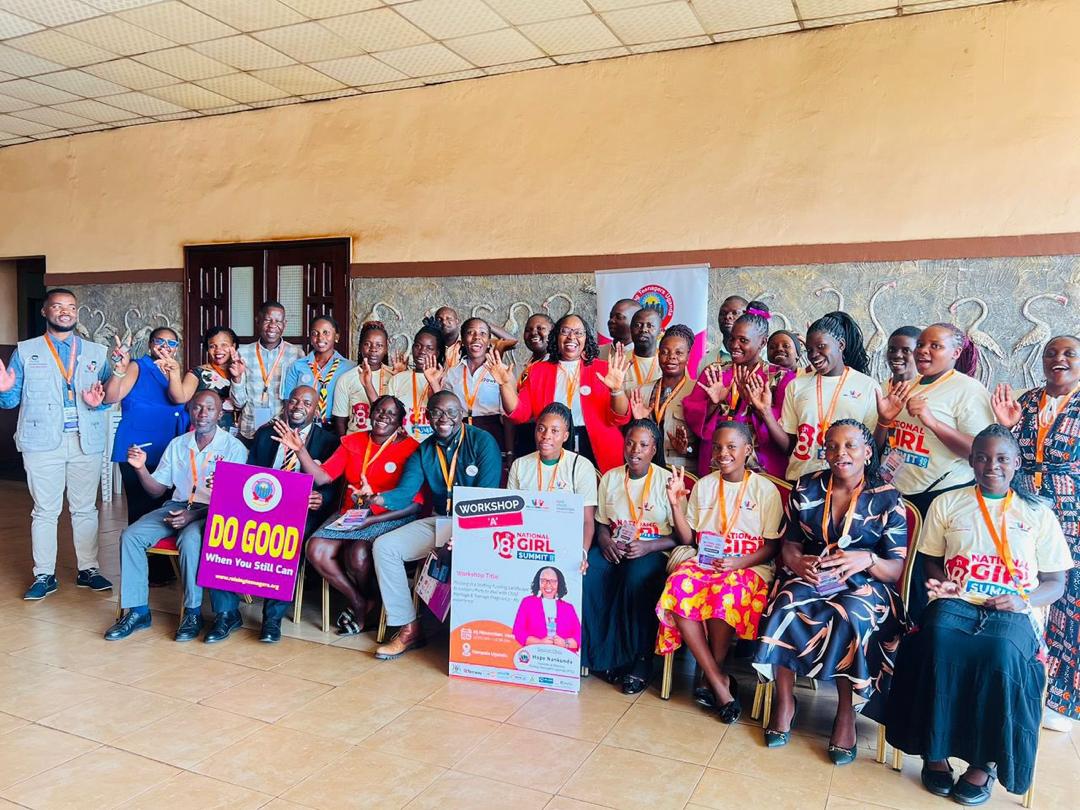Uganda continues to incur massive economic and social costs due to persistent child marriages and teenage pregnancies, according to activists, legislators, and development partners speaking at the 8th National Girls Summit in Kampala.
The Country Director of Plan International Uganda, Phoebe Kasoga, warned that delayed action against these harmful cultural practices is costing both girls and the national economy heavily.
She estimated that Uganda loses approximately Shs 1.6 trillion annually due to child marriage and other harmful practices, alongside health and social consequences.
“In 2020 alone, essential health facility expenditure on teenage mothers cost the country Shs 246.9 billion,” Kasoga said, stressing the urgent need for stronger interventions.
The health impact of teenage pregnancy is particularly devastating. According to a 2022 United Nations Population Fund (UNFPA) report, teenage pregnancies contributed to nearly two million births between 2016 and 2020, averaging 30,000 pregnancies per month and 1,000 per day.
Despite Uganda’s bold commitments, including aligning with SDG 5.3 to end child marriage by 2030 and outlawing early marriage through legislation, the prevalence of child marriage and teenage pregnancies remains alarmingly high.
Data from the 2022 Uganda Demographic and Health Survey indicates that 34 percent of girls are married before the age of 18, and 7 percent before the age of 15.
“If current trends persist without intervention, a significant portion of teenage mothers in Uganda face severe socio-economic challenges. Approximately 60 percent are at risk of never completing primary education, and 47 percent will likely remain confined to subsistence farming,” Kasoga said.
She called for collective responsibility, stronger accountability, and consistent investment in key impact areas, including education, adolescent and school health, social protection, and community engagement to tackle harmful norms. She also emphasized the need for increased funding for the national strategy to end child marriage and teenage pregnancy, better use of data, and expanded adolescent health services.
Mbarara District Woman Member of Parliament, Margaret Ayebare Rwebyambu, highlighted the role of cultural practices in driving child marriage.
“Where I come from, culture demands not less than ten cows for a girl, and families allow girls to be married off rather than choose their own futures,” she said.
She urged leaders, role models, and professionals to actively engage communities and inspire girls to stay in school.
The Head of UNICEF Kosovo, Veronika Vashchenko, noted that progress in reducing child marriage has stalled despite gains made over the past decade.
“Teenage pregnancy remains both a driver and consequence of child marriage. Girls who marry early are less likely to complete education and are more exposed to gender-based violence,” she said.
She underscored the need for multi-sectoral coordination across health, education, justice, and social protection systems, as well as the involvement of men, cultural, and religious leaders in driving positive change.
“Every girl has a right to live free from violence and discrimination and to realise her full potential. Achieving this requires deliberate and sustained commitment and resource allocation,” Vashchenko said.
The Girls Not Brides Uganda (GNBU), a partnership of 146 civil society organisations, reaffirmed its commitment to working with the government to ensure Uganda meets its SDG target of eliminating child marriage by 2030.
The summit concluded with a strong call for immediate action to address the root causes of child marriage and teenage pregnancy, warning that continued inaction will result in devastating consequences for Uganda’s girls and its economy.


